In a staggering revelation, cybersecurity researchers have discovered that over 18 billion usernames and passwords are floating around on the dark web. And some of the world’s biggest\ tech names, including Google, Apple, Meta, and YouTube, are part of the exposed data. This alarming discovery, reported by Cybernews, involves 30 major leaked datasets, including one
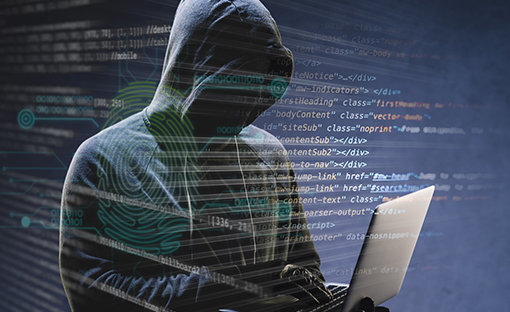
In a staggering revelation, cybersecurity researchers have discovered that over 18 billion usernames and passwords are floating around on the dark web. And some of the world’s biggest\ tech names, including Google, Apple, Meta, and YouTube, are part of the exposed data.
This alarming discovery, reported by Cybernews, involves 30 major leaked datasets, including one massive trove with 3.5 billion credentials alone. Whether you’re an average user or a business owner, this affects you, and it’s time to act fast.
Where Did These Leaks Come From?
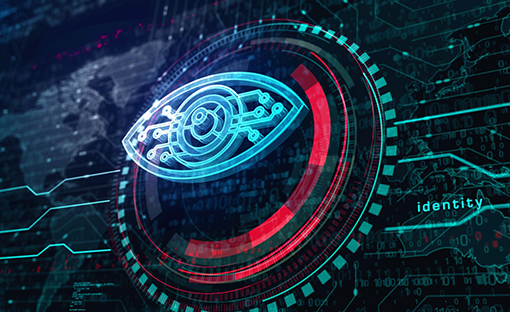
Researchers have traced the compromised credentials back to a mix of dangerous sources:
- Infostealer malware: These silent digital thieves infiltrate devices and steal login data right from your browser.
- Credential stuffing files: These contain reused passwords from past hacks, often used to break into multiple accounts.
- Repackaged breaches: Old leaks, newly bundled and distributed by cybercriminals.
Each exposed record usually includes a service URL, username/email, and password, everything a hacker needs to log into your accounts without you ever knowing.
Why This Is a Huge Deal

These aren’t just outdated dumps. Many are recent leaks, actively updated and sold online. And it’s not just passwords, they also include browser cookies, access tokens, and metadata, making it easy for attackers to:
- Skip security checks
- Maintain long-term access
- Launch personalized scams or phishing attempts
- Steal your identity
Anyone not using multi-factor authentication (MFA) or unique passwords is especially at risk.
What You Should Do Right Now
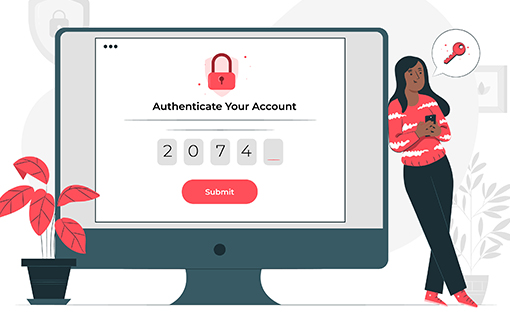
Here’s how to lock down your digital life:
- Change all important passwords immediately. Focus on your email, banking, and social accounts first.
- Use a password manager
to create unique, hard-to-guess passwords for every login.
- Turn on Multi-Factor Authentication (MFA) wherever possible. It’s your first line of defense.
- Check if your credentials were leaked using Have I Been Pwned.
- Keep an eye on your accounts. Watch for suspicious login alerts, bank activity, or unfamiliar emails.
- Stay alert for phishing scams. Hackers will use this data to craft fake but convincing emails or messages.
We’re living in an age where stolen passwords are traded like currency. This isn’t about paranoia, it’s about smart digital hygiene. With 18 billion
passwords exposed, don’t wait until your identity or money is stolen.
Lock your digital doors. The internet doesn’t forgive the careless.
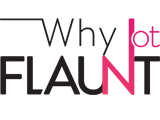


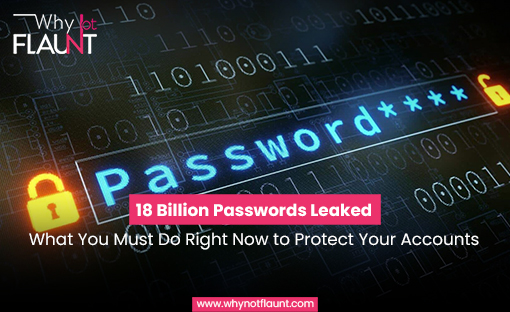
















Leave a Comment
Your email address will not be published. Required fields are marked with *